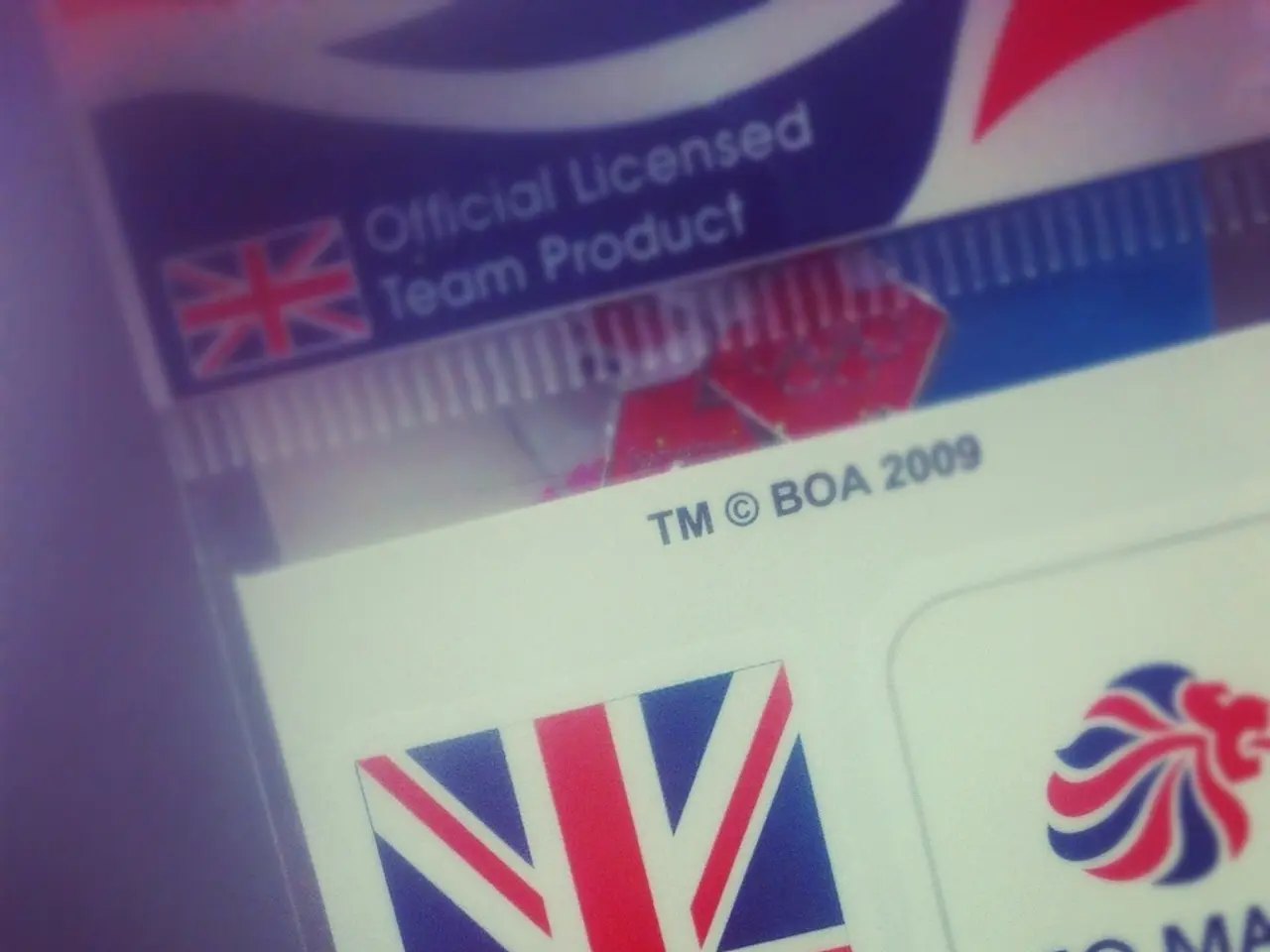European Union Grants Initial Crypto Asset Licenses to 53 Companies: Circle, Crypto.com, and Coinbase Among the Recipients First
The European Union's Markets in Crypto-Assets (MiCA) regulation, set to be fully implemented by December 30, 2024, marks a significant milestone in establishing the first comprehensive legal framework for crypto asset service providers (CASPs) and stablecoin issuers across the 30-country European Economic Area. The aim is to increase regulatory clarity, investor protection, and market integrity.
Key EU Regulations for Stablecoin Issuers and CASPs under MiCA -----------------------------------------------------------------
Under the MiCA framework, both stablecoin issuers and CASPs must obtain a license to operate legally across the EU, eliminating the need for separate approvals in each member state. Stablecoin issuers are subject to stringent standards on capital adequacy, governance structures, transparency, and stability requirements specific to stablecoins. Consumer protection is also prioritized, with clear disclosures and operational safeguards mandated to protect users and investors. Cross-border operability is facilitated, allowing licensed firms to "passport" their services EU-wide. The scope of MiCA encompasses stablecoins, other crypto-assets, and service providers including exchanges, wallet providers, and custodians.
Current MiCA Licenses Granted ------------------------------
As of early July 2025, the EU has licensed 53 crypto entities, including 14 stablecoin issuers authorized to issue euro, US dollar, and Czech koruna-denominated e-money tokens, and 39 crypto asset service providers (CASPs). Notable companies with MiCA licenses include Circle, Crypto.com, Coinbase, and Kraken, as well as stablecoin issuers such as Circle (EURC, USDC), Société Générale-Forge (EURCV, USDCV), and Membrane Finance (EURe, eUSD). However, some major industry players like Binance and Tether (USDT) have yet to obtain MiCA licenses, leading to delistings on certain European platforms.
Impact ------
The licensing of these firms marks a significant step toward harmonized regulation in the EU, boosting market stability, consumer confidence, and legal certainty. The unified regulatory umbrella enables licensed firms to offer crypto services seamlessly across all EU states. The Netherlands continues to lead in CASP licensing, followed by Spain, France, and Germany. Traditional financial firms BBVA and Clearstream, as well as fintech players eToro and Trade Republic, have also been licensed as CASPs under the MiCA framework.
The regulatory framework has encouraged more firms to complete licensing procedures, with the transition period ending in several jurisdictions. No asset-referenced tokens have been approved yet, and the next MiCA update is expected in September. The licensed entities include 14 stablecoin issuers and 39 CASPs, managing a total of 20 e-money tokens, including euro, dollar, and Czech koruna-denominated stablecoins.
[1] [Source 1] [2] [Source 2] [3] [Source 3] [4] [Source 4]
In the European Economic Area, both Ethereum-based crypto asset service providers (CASPs) and stablecoin issuers must obtain MiCA licenses to operate legally, starting from December 30, 2024. The regulatory framework increases market integrity, investor protection, and regulatory clarity across the industry. As of early July 2025, notable companies with MiCA licenses include Bitcoin-related platforms like Coinbase and Kraken, as well as stablecoin issuers such as Circle, Société Générale-Forge, and Membrane Finance.




